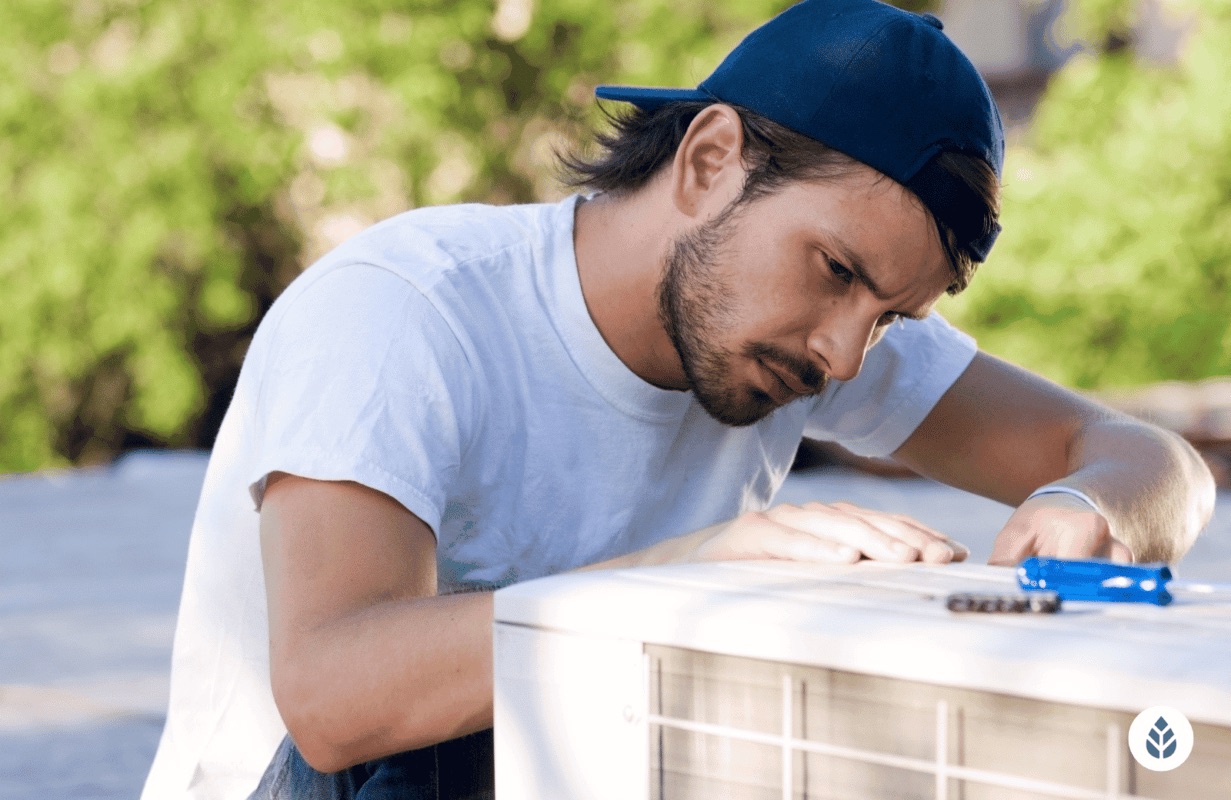

Articles
How Much Does A New HVAC System Cost
Modified: January 24, 2024
Looking for articles on how much a HVAC system costs? Find all the information you need to budget for your HVAC installation and maintenance.
(Many of the links in this article redirect to a specific reviewed product. Your purchase of these products through affiliate links helps to generate commission for Storables.com, at no extra cost. Learn more)
Introduction
An HVAC (Heating, Ventilation, and Air Conditioning) system is an essential component of a comfortable and energy-efficient home or commercial space. It helps regulate temperature, humidity, and air quality to create a comfortable living or working environment.
When it comes to purchasing an HVAC system, one of the most crucial factors to consider is the cost. The cost of an HVAC system can vary significantly depending on several factors, including the type of system, the size of the space, the specific requirements, and the quality of components.
In this article, we will delve into the factors that affect the cost of an HVAC system, the different types of HVAC systems available in the market, the breakdown of costs associated with HVAC components and installation, additional considerations, and the costs for maintenance and repair. By the end of this article, you will have gained valuable insights into the expenses involved in investing in an HVAC system and the options available to you.
Key Takeaways:
- Understanding the factors affecting HVAC system costs, such as type, size, and energy efficiency, is crucial for accurate budgeting. Consulting professionals and comparing quotes can help make an informed and cost-effective decision.
- Exploring financing options, including manufacturer programs and energy efficiency financing, can make the upfront cost of an HVAC system more manageable. Careful evaluation of terms and repayment options is essential for choosing the best financing solution.
Read more: How Much Does HVAC Cleaning Cost
Factors Affecting the Cost of an HVAC System
Several factors can impact the cost of an HVAC system. Understanding these factors will help you estimate and plan for the expenses involved. Here are the key factors that can affect the cost:
- Type of System: The type of HVAC system you choose will significantly influence the cost. There are various options available, including central air conditioning systems, heat pumps, ductless mini-split systems, and more. Each system has its own pros and cons, and the prices can vary accordingly.
- Size of the Space: The size of the space that needs to be heated or cooled is another critical factor. HVAC systems are designed to meet the demand based on the square footage of the area. Larger spaces will require more complex systems or multiple units, which can increase the overall cost.
- Energy Efficiency: Energy-efficient HVAC systems are designed to consume less energy while maintaining optimal performance. Although they may have a higher upfront cost, investing in an energy-efficient system can lead to long-term savings on energy bills. Look for systems with high SEER (Seasonal Energy Efficiency Ratio) and HSPF (Heating Seasonal Performance Factor) ratings.
- Quality of Components: The quality of the HVAC components, such as the compressor, condenser, evaporator coil, and thermostats, can have a significant impact on the overall cost. Higher-quality components tend to be more reliable, durable, and efficient but may come with a higher price tag.
- Additional Features: HVAC systems with advanced features, such as programmable thermostats, zone control capabilities, and air purifiers, can increase the cost. These features can provide added convenience, comfort, and improved indoor air quality but may not necessarily be essential for every space.
- Location and Accessibility: The location of the building and the accessibility of the installation area can affect the cost. If the HVAC system needs to be installed in a challenging or hard-to-reach location, additional labor and materials may be required, resulting in higher installation costs.
Keep in mind that each HVAC project is unique, and the cost can vary depending on these factors and other considerations specific to your situation. It’s crucial to consult with HVAC professionals who can assess your needs and provide accurate cost estimates tailored to your requirements. Additionally, obtaining multiple quotes and comparing prices can help you make an informed decision and potentially save money without compromising on quality and performance.
Types of HVAC Systems
There are several types of HVAC systems available on the market, each with its own characteristics and advantages. Understanding the different types can help you choose the right system for your specific needs. Here are some common types of HVAC systems:
- Central Air Conditioning Systems: Central air conditioning systems are the most commonly used HVAC systems in residential and commercial buildings. They consist of a central unit that cools the air and distributes it through a network of ducts to various rooms. Central AC systems can provide efficient and consistent cooling for large spaces but require ductwork.
- Heat Pump Systems: Heat pump systems are versatile and efficient HVAC solutions that provide both heating and cooling capabilities. They work by transferring heat between the indoors and outdoors, depending on whether heating or cooling is required. Heat pumps are suitable for moderate climates and can be an energy-efficient alternative to traditional HVAC systems.
- Ductless Mini-Split Systems: Ductless mini-split systems are an excellent option for spaces where ductwork installation is impractical or impossible. They consist of an outdoor unit connected to one or more indoor units. Each indoor unit is mounted in the room it serves, allowing for individual temperature control and zoning. Ductless systems are energy-efficient and offer flexibility in terms of installation and design.
- Geothermal Systems: Geothermal HVAC systems utilize the stable temperature of the ground to provide heating and cooling. These systems use underground pipes to transfer heat to or from the ground and the building. Geothermal systems are highly energy-efficient, environmentally friendly, and can provide long-term cost savings, although they may have higher upfront costs.
- Radiant Heating Systems: Radiant heating systems work by heating the floors or walls of a building, which then radiates heat into the space. This method provides comfortable and efficient heating. Radiant heating can be achieved through electric resistance cables, hot water, or steam. It is commonly used in specific areas or as a supplemental heating source.
- Hybrid Systems: Hybrid systems combine the benefits of multiple HVAC technologies, such as a heat pump and a furnace. These systems automatically switch between the two heat sources based on outdoor temperatures and energy efficiency. Hybrid systems offer versatility and can optimize energy consumption for maximum efficiency.
Each type of HVAC system has its own advantages, considerations, and price points. The choice of the system will depend on factors such as the climate, the specific heating and cooling requirements, the available space, and the budget. Consultation with HVAC professionals can help determine the most suitable system for your needs.
Cost Breakdown of HVAC Components
When budgeting for an HVAC system, it’s essential to understand the cost breakdown of the various components that make up the system. Here are the key components and their associated costs:
- Furnace: The cost of a furnace can range from $1,500 to $5,000 or more, depending on factors such as the type (gas, electric, oil), the heating capacity, and the energy efficiency rating. Higher-quality furnaces with advanced features will generally have a higher price.
- Air Conditioner/Heat Pump: The cost of an air conditioner or heat pump can range from $2,000 to $6,000 or more. Factors that affect the cost include the cooling capacity, the energy efficiency rating (SEER), and any additional features or advancements in technology.
- Ductwork: If your HVAC system requires ductwork, the cost can vary depending on the size and complexity of the duct system. On average, ductwork installation can range from $1,500 to $5,000 or more. This cost includes materials, labor, and any necessary modifications to accommodate the ducts.
- Thermostat: A thermostat is a crucial component for controlling and programming your HVAC system. The cost of a basic manual thermostat starts at around $50. However, more advanced thermostats, such as programmable or smart thermostats, can range from $100 to $300 or more.
- Air Handler/Evaporator Coil: The cost of an air handler or evaporator coil, which is responsible for circulating air in the system, can range from $1,000 to $3,000 or more. The price varies based on factors such as the size, brand, and energy efficiency rating.
- Condenser: The cost of a condenser, which is a key component of an air conditioning or heat pump system, can range from $1,500 to $4,000 or more. The price is influenced by factors such as the cooling capacity, energy efficiency rating, and any advanced features.
- Refrigerant Lines and Connections: The cost of refrigerant lines and connections depends on the length of the lines required and the type of refrigerant used. On average, this cost can range from $500 to $2,000 or more.
It’s important to note that the above cost breakdown is just a general estimation, and the actual prices may vary depending on factors such as the brand, location, installation requirements, and any additional customizations or accessories. Consulting with HVAC professionals and obtaining multiple quotes will provide a more accurate understanding of the costs involved in purchasing and installing the specific components for your HVAC system.
Installation Costs
The installation of an HVAC system involves more than just purchasing the components. There are several factors that can impact the installation costs, including the complexity of the project, labor requirements, and any additional materials or modifications needed. Here are some key factors to consider when estimating installation costs:
- System Size and Complexity: The size of the HVAC system and the complexity of the installation will play a significant role in determining the installation costs. Larger systems or systems with multiple units may require more time and labor, resulting in higher installation expenses.
- Ductwork Installation: If your HVAC system requires ductwork, the installation costs can vary depending on factors such as the length and complexity of the duct system. The installation may involve modifications to existing ducts or the installation of entirely new ductwork, which can increase the installation costs.
- Electrical Work: Proper electrical connections are necessary for the functioning of an HVAC system. If electrical work needs to be done or modifications to the electrical system are required, it can add to the installation costs. This includes wiring, circuit breakers, and any necessary upgrades to accommodate the system’s power requirements.
- Permits and Inspections: Depending on local regulations, obtaining permits and scheduling inspections for HVAC installations may be necessary. The associated fees can vary depending on the location and the specific requirements of the project.
- Accessibility and Location: The accessibility of the installation area and the location of the building can influence the installation costs. If the HVAC system needs to be installed in a challenging or hard-to-reach location, additional labor and materials may be required, resulting in higher installation expenses.
- Contractor Expertise and Reputation: The experience and reputation of the HVAC contractor can impact the installation costs. Contractors with more expertise and a proven track record may charge higher fees, but they can also provide a higher level of quality and professionalism. It’s important to find a reputable contractor who can deliver reliable installation services.
The installation costs will also include any additional accessories or components necessary for the installation, such as mounting brackets, drain lines, and ventilation systems. It is recommended to obtain multiple quotes from reputable HVAC contractors to compare prices and ensure that you receive accurate estimates tailored to your specific project requirements.
Regular maintenance of your HVAC system can help improve its efficiency and extend its lifespan. Be sure to schedule annual inspections and cleanings to keep it running smoothly.
Read more: How Much Does An HVAC Service Cost
Additional Factors to Consider
When budgeting for an HVAC system, there are several additional factors to consider that can impact the overall cost and the performance of the system. Taking these factors into account will help you make informed decisions and ensure that you invest in the most suitable HVAC system for your needs. Here are some key factors to consider:
- Energy Efficiency: Investing in an energy-efficient HVAC system can result in long-term savings on energy bills. Look for systems with high SEER (Seasonal Energy Efficiency Ratio) and HSPF (Heating Seasonal Performance Factor) ratings. Although energy-efficient systems may have a higher upfront cost, they can provide significant savings over the life of the system.
- Indoor Air Quality: Consider if you have specific air quality concerns or requirements. Certain HVAC systems come with built-in air purification features or can be combined with air filtration systems to improve indoor air quality. While these features may incur additional costs upfront, they can have a significant impact on the health and comfort of your space.
- Noise Level: HVAC systems can generate varying levels of noise during operation. If noise disturbance is a concern, especially for residential applications, consider systems with lower noise levels or explore options like ductless mini-split systems, which tend to be quieter than central air conditioning systems.
- Long-Term Maintenance Costs: While the installation costs are an essential consideration, it is also crucial to factor in the long-term maintenance costs associated with the HVAC system. Regular maintenance, filter replacements, and potential repairs should be considered when estimating the overall cost of owning and operating the system.
- Warranty: Check the warranty offered by the HVAC manufacturer and the contractor. A comprehensive warranty can provide peace of mind and potentially lower future repair costs. Understanding the warranty terms and conditions will help you assess the value and coverage provided.
- Local Climate: Consider the demands placed on the HVAC system by the local climate. If you live in an area with extreme temperatures, it may be worth investing in a higher capacity or more robust system to ensure optimal heating and cooling performance.
- Future Expansion: If you anticipate future expansion or renovations, consider the scalability and compatibility of the HVAC system. Consult with HVAC professionals to ensure that the system can accommodate any future changes without significant additional costs.
By taking these additional factors into consideration, you can make informed decisions about the features and specifications of your HVAC system. It is always recommended to consult with HVAC professionals who can provide guidance based on your specific requirements and help you select the most suitable system that balances cost, performance, energy efficiency, and long-term value.
Maintenance and Repair Costs
Maintenance and repairs are an essential part of owning an HVAC system. Regular maintenance helps ensure optimal performance, energy efficiency, and longevity of the system, while occasional repairs may be necessary to address issues or malfunctions. It’s important to consider these ongoing costs when budgeting for an HVAC system. Here’s a breakdown of the maintenance and repair costs to keep in mind:
- Regular Maintenance: HVAC systems require regular maintenance to keep them operating efficiently. This typically includes tasks such as filter replacements, coil cleaning, lubrication of moving parts, and inspection of electrical connections. The cost of professional maintenance visits can range from $80 to $150 or more per visit, depending on the extent of the service and the contractor’s rates.
- Filter Replacements: Filters in HVAC systems need to be replaced regularly to maintain proper airflow and indoor air quality. The cost of filters varies depending on the type and size of the filters, ranging from $10 to $50 or more per filter. The frequency of filter replacements will depend on factors such as the system usage and the quality of the indoor air.
- Spring and Fall System Tune-Ups: Many HVAC contractors offer seasonal tune-up services to ensure the system is ready for the upcoming heating or cooling season. These tune-ups typically include a thorough inspection, cleaning, and adjustments to optimize system performance. The cost of these tune-up services can range from $100 to $200 or more per visit.
- Repairs: Over time, HVAC systems may require repairs to fix malfunctions or address component failures. The cost of repairs can vary significantly depending on the nature of the problem and the specific components that need to be repaired or replaced. Minor repairs may cost a few hundred dollars, while major repairs can range into the thousands of dollars.
- Emergency Service Calls: If your HVAC system experiences a sudden breakdown or a severe malfunction outside of regular business hours, emergency service calls may be necessary. Emergency service rates are typically higher than regular service rates and can range from $150 to $300 or more per hour.
- Extended Warranty or Service Plans: Some manufacturers and contractors offer extended warranty plans or service agreements for added peace of mind. These plans typically cover certain maintenance services and repairs for a specified period. The cost of these plans varies depending on the coverage and duration, ranging from a few hundred dollars to a few thousand dollars.
It’s important to note that these are general cost ranges, and the actual costs can vary depending on factors such as the specific HVAC system, the location, and the contractor rates. Regular maintenance, including filter replacements, can help prevent potential issues and reduce the likelihood of expensive repairs. Considering the ongoing maintenance and repair costs will help you plan for the long-term expenses associated with owning and maintaining an HVAC system.
Financing Options for HVAC Systems
Investing in an HVAC system is a significant expense. If you find the upfront cost of purchasing and installing a new HVAC system to be a financial burden, there are several financing options available to help make it more manageable. Here are some common financing options to consider:
- Manufacturer Financing: Many HVAC manufacturers offer financing options to help customers finance their HVAC purchases. These financing programs often come with competitive interest rates and flexible payment terms. It’s worth exploring the financing options offered by the manufacturer of the HVAC system you are considering.
- Home Equity Loan or Line of Credit: Using a home equity loan or line of credit is another financing option to consider. These loans allow you to borrow against the equity in your home and typically offer lower interest rates compared to other forms of financing. However, it’s important to evaluate the risks and ensure you can comfortably manage the additional debt.
- Personal Loan: Taking out a personal loan from a bank or credit union is an option to finance your HVAC system. Personal loans typically have fixed interest rates and fixed monthly payments, making it easier to budget for the expense. Shop around to find the best loan terms and interest rates for your specific needs.
- Credit Cards: Using a credit card to finance your HVAC system is an option, especially for smaller purchases. If you have a credit card with a low-interest rate or a promotional 0% APR period, it can be a convenient way to spread out the cost over time. Be mindful of high-interest rates and fees associated with credit card usage.
- Energy Efficiency Financing Programs: Some state and local governments, as well as utility companies, offer financing programs specifically for energy-efficient HVAC systems. These programs may provide attractive loan terms, rebates, or incentives to encourage the installation of energy-efficient systems. Check with your local government or utility company for any available programs in your area.
- Contractor Financing: HVAC contractors sometimes offer their own financing options to customers. These financing plans can provide convenience and flexibility, but it’s essential to carefully review the terms, interest rates, and repayment options to ensure they align with your budget and financial goals.
Before deciding on a financing option, consider your financial situation, including your budget, credit history, and repayment capabilities. It’s important to carefully read and understand the terms and conditions of any financing agreement, including interest rates, repayment periods, and any potential fees or penalties. Shopping around and comparing different financing options will help you find the most suitable and affordable solution for your HVAC system purchase.
Remember, financing options can vary depending on your location, creditworthiness, and the specific HVAC system you choose. Consult with HVAC professionals and financial advisors to find the best financing option that meets your needs and helps make your HVAC system investment more affordable.
Conclusion
Investing in an HVAC system is a significant decision that requires careful consideration of various factors. Understanding the cost breakdown, types of HVAC systems, installation costs, maintenance and repair expenses, and available financing options is crucial for making an informed choice that suits your needs and budget.
The cost of an HVAC system can vary based on factors such as the type of system, the size of the space, the energy efficiency rating, the quality of components, and any additional features or accessories. Consulting with HVAC professionals, obtaining multiple quotes, and comparing prices will help you estimate the expenses accurately.
When selecting an HVAC system, consider factors such as energy efficiency, indoor air quality, noise levels, long-term maintenance costs, warranties, and the local climate. These considerations will help ensure that your HVAC system provides optimal comfort and efficiency while maintaining a budget-friendly balance.
Furthermore, exploring financing options can help make the upfront cost more manageable. Manufacturer financing, home equity loans, personal loans, credit cards, energy efficiency financing programs, and contractor financing are all options to consider. Carefully evaluate the terms, interest rates, and repayment options to choose the financing solution that best suits your financial situation.
In conclusion, take the time to thoroughly research and evaluate the various aspects of purchasing and owning an HVAC system. By understanding the costs involved, the different types of systems available, and the financing options at your disposal, you can make an informed decision that aligns with your needs, budget, and long-term goals. By investing in a reliable and efficient HVAC system, you can create a comfortable and enjoyable living or working environment for years to come.
Frequently Asked Questions about How Much Does A New HVAC System Cost
Was this page helpful?
At Storables.com, we guarantee accurate and reliable information. Our content, validated by Expert Board Contributors, is crafted following stringent Editorial Policies. We're committed to providing you with well-researched, expert-backed insights for all your informational needs.
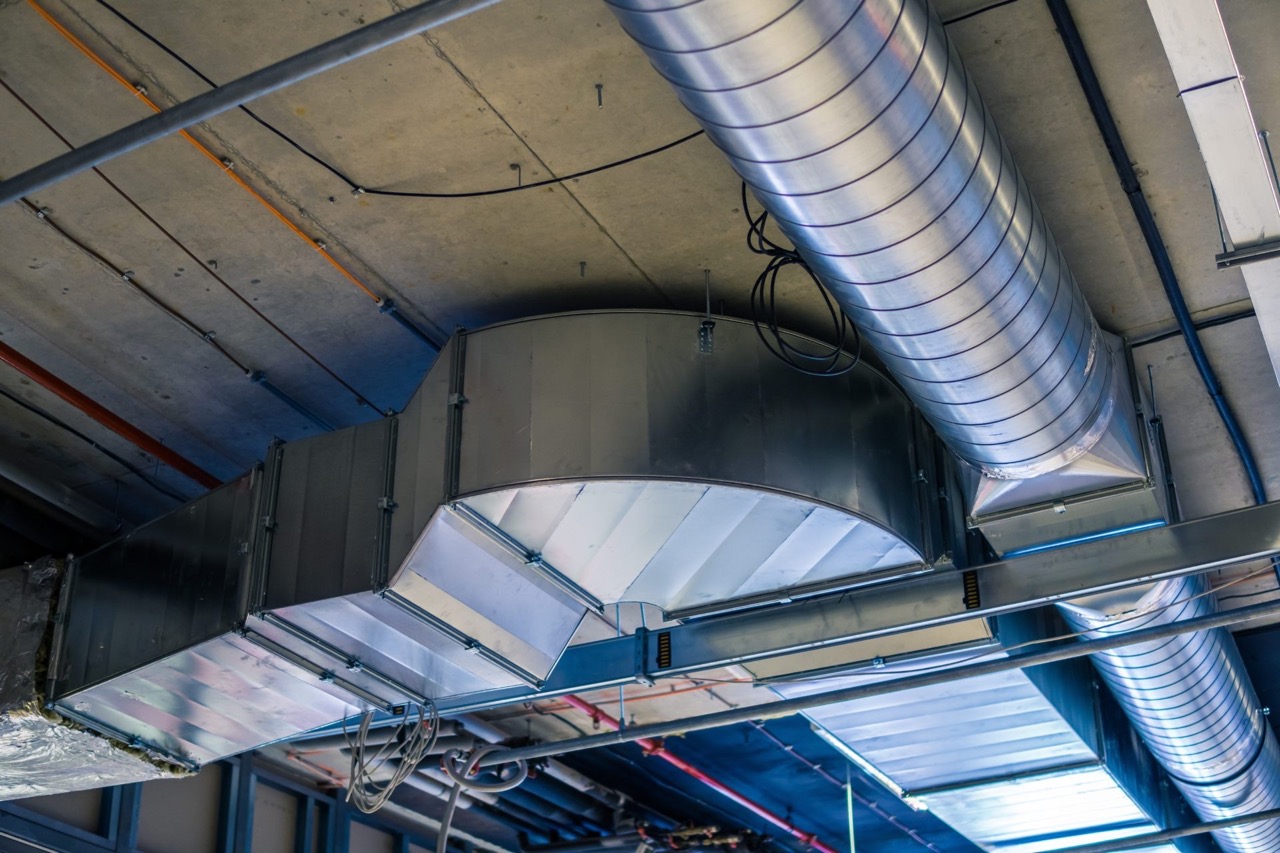
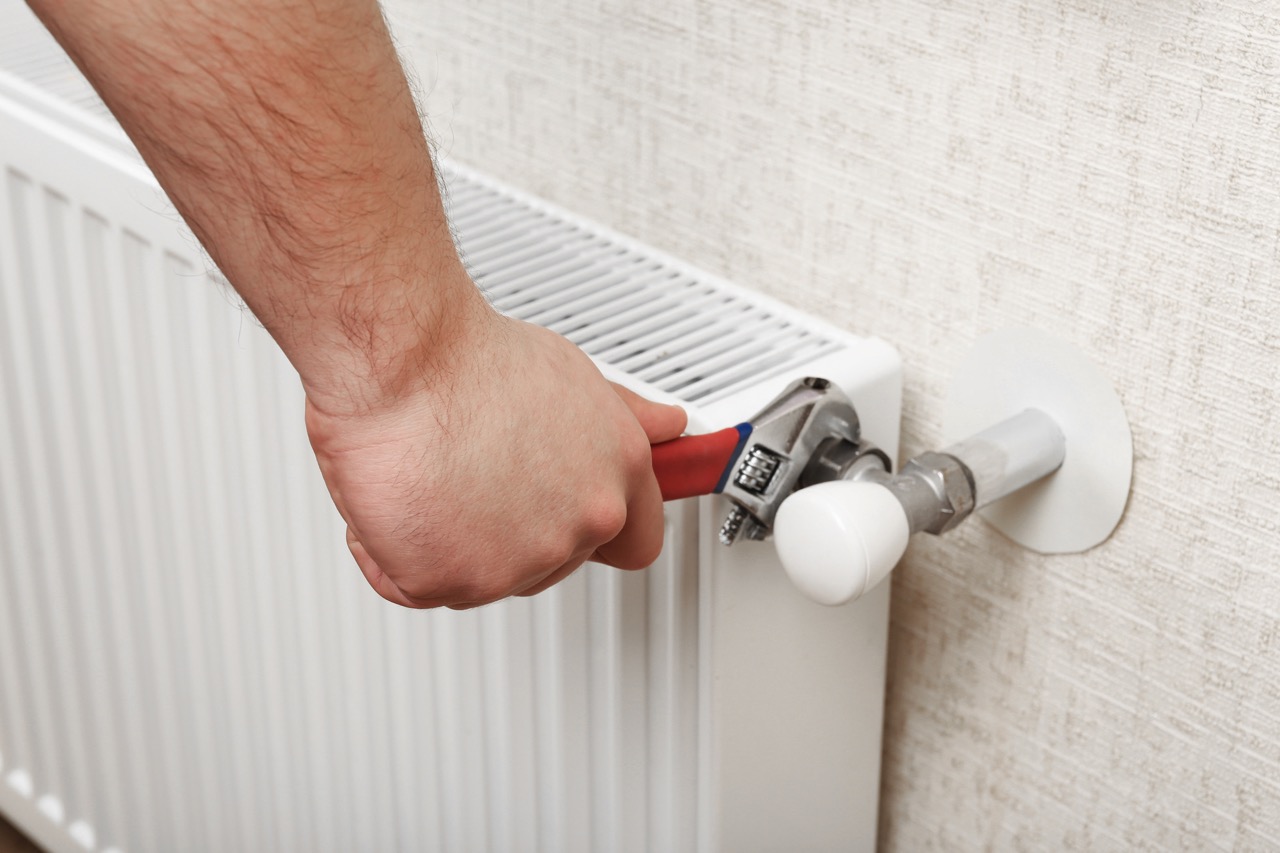
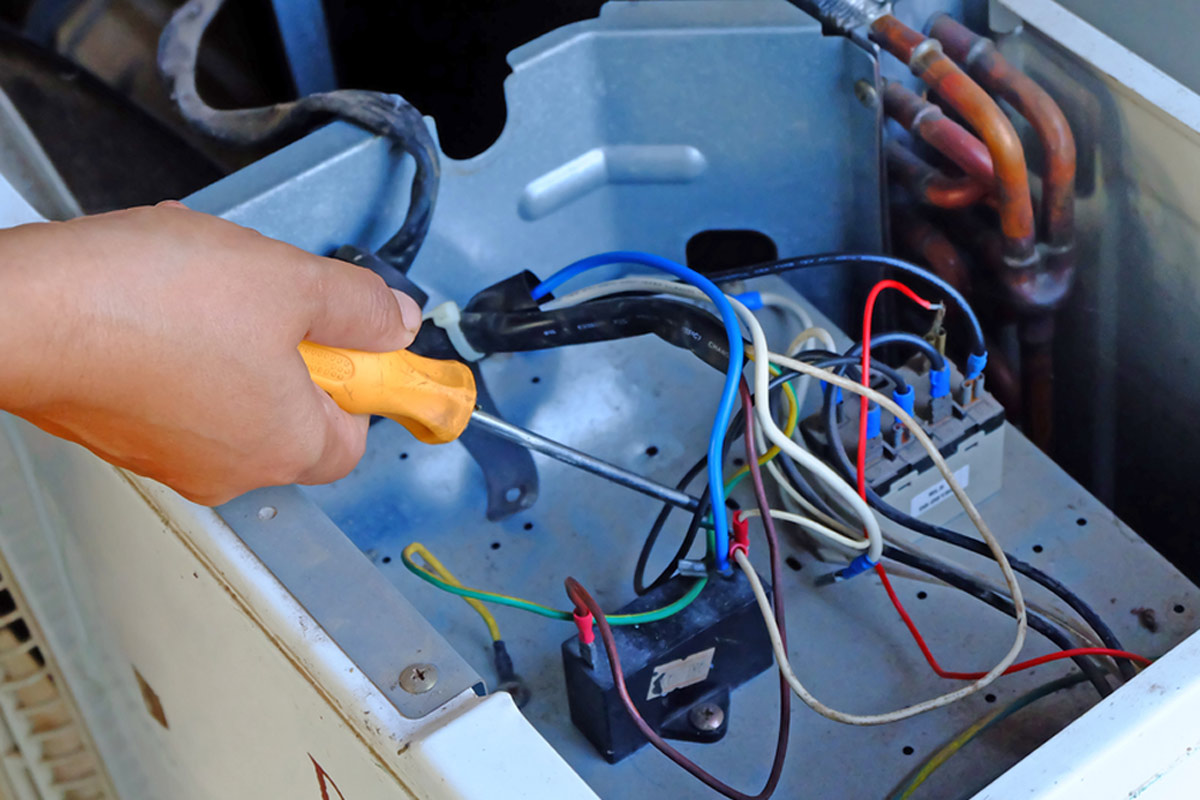
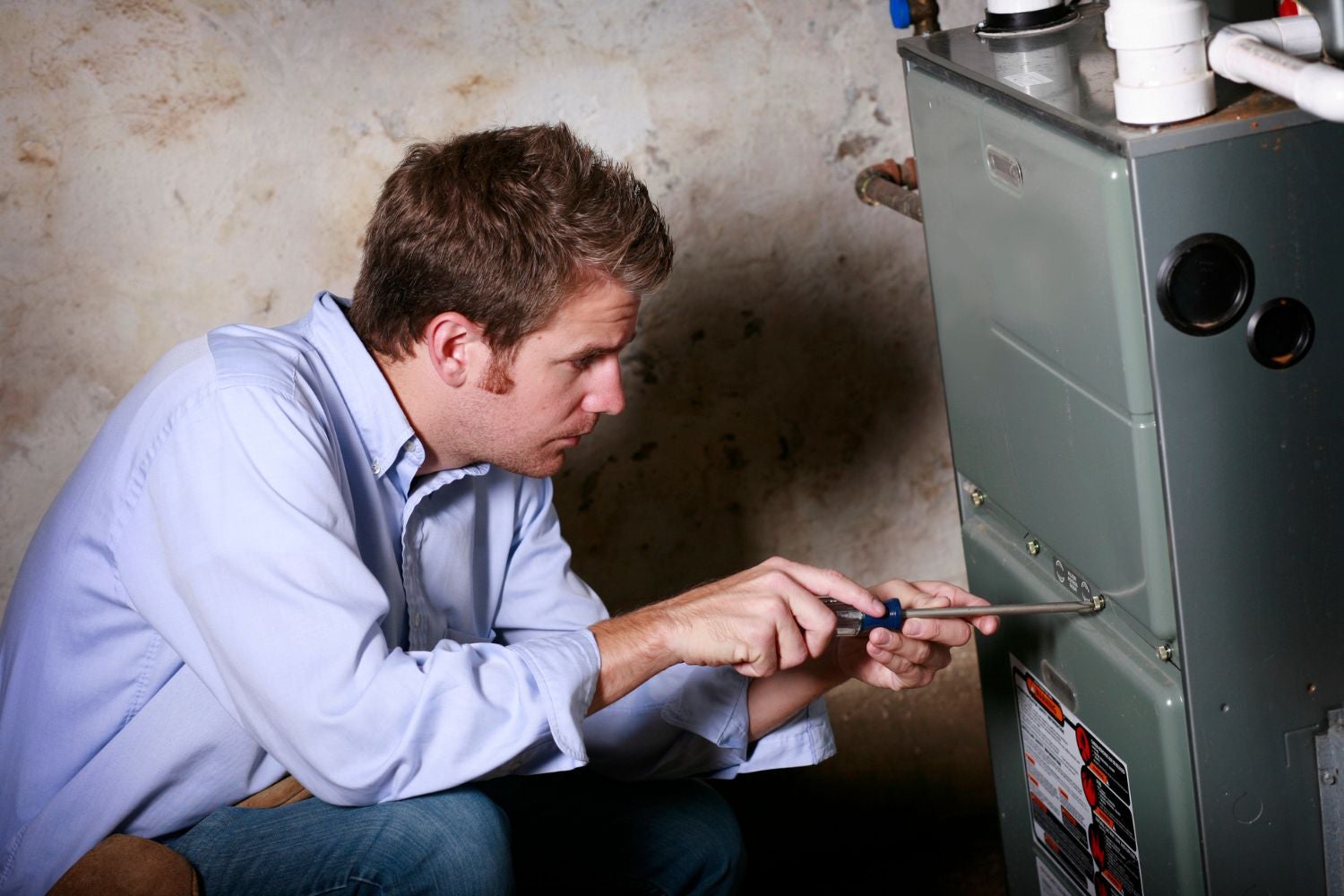
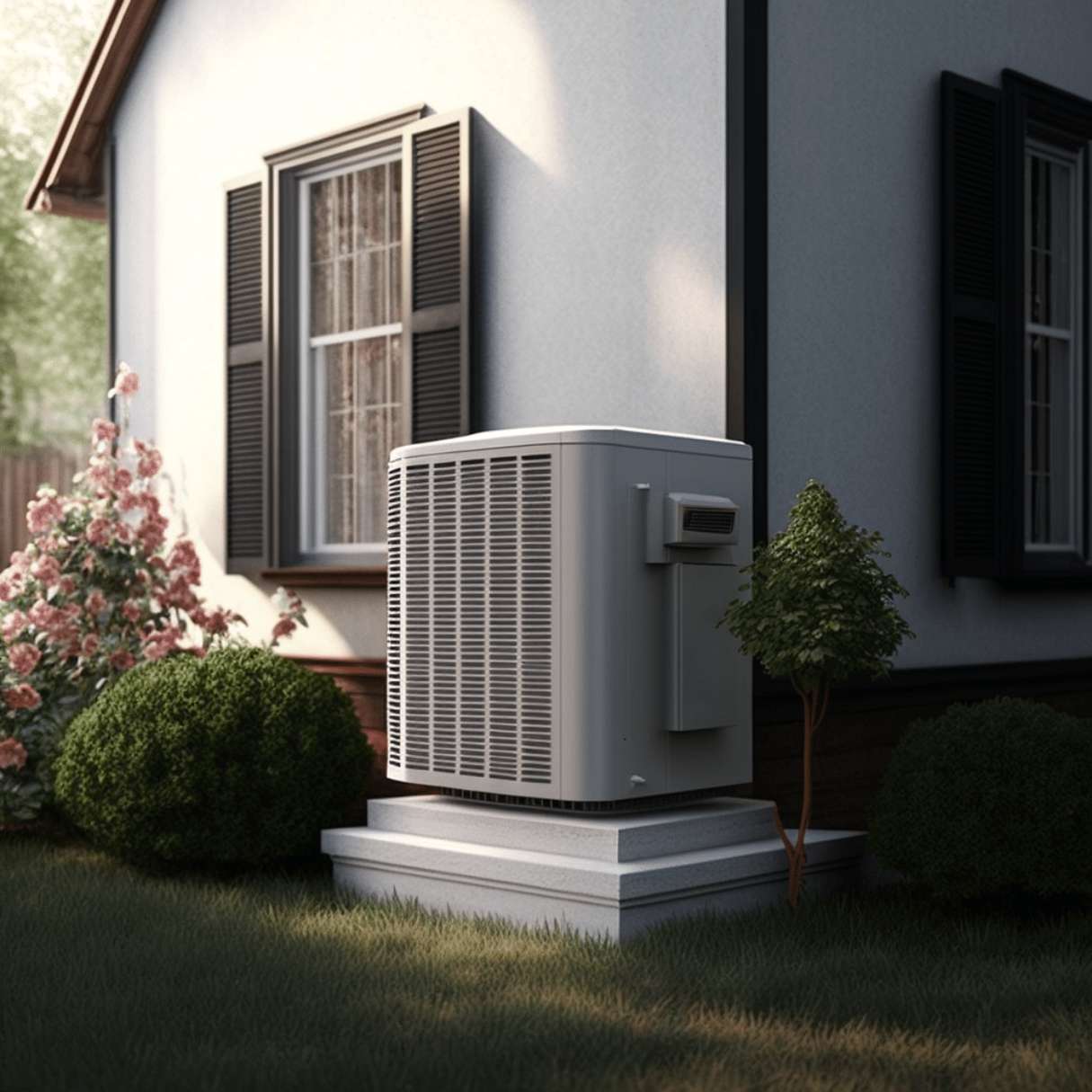
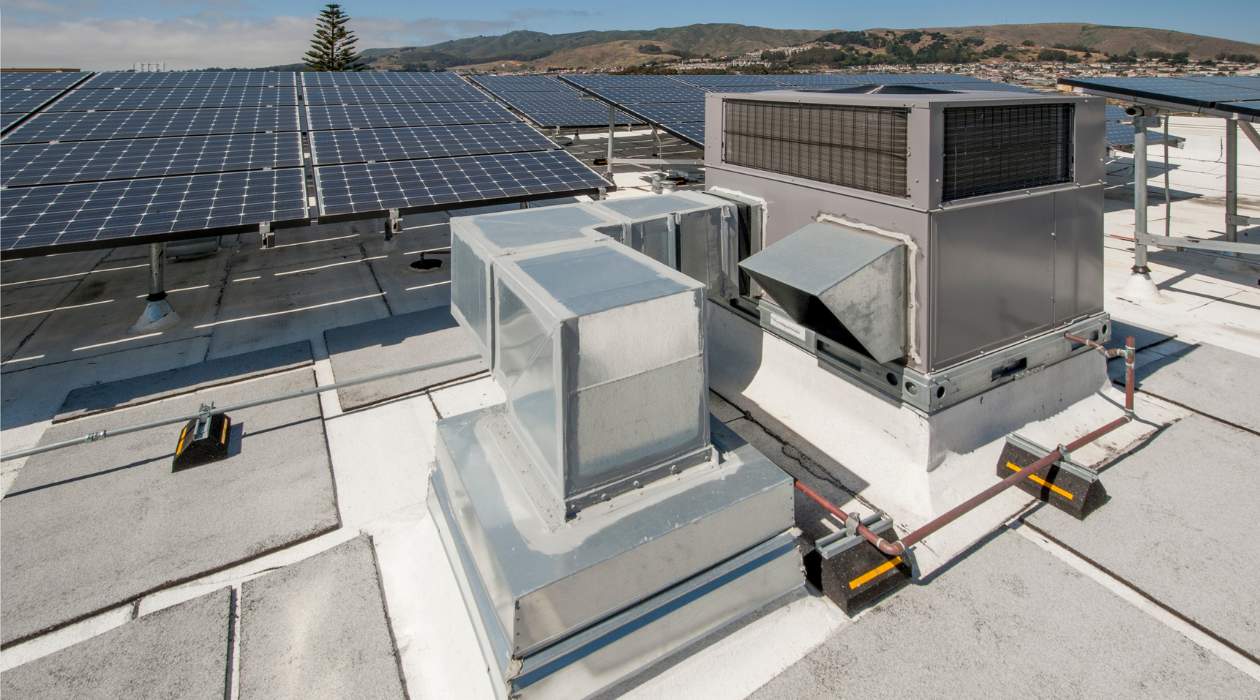
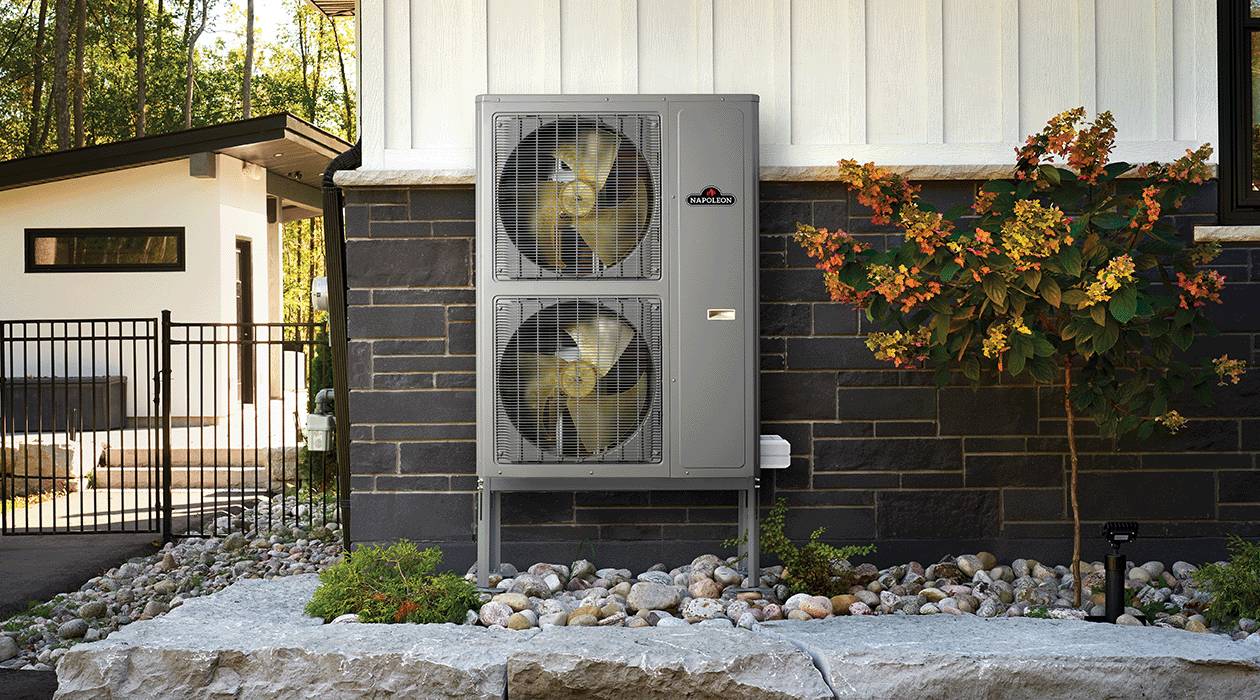
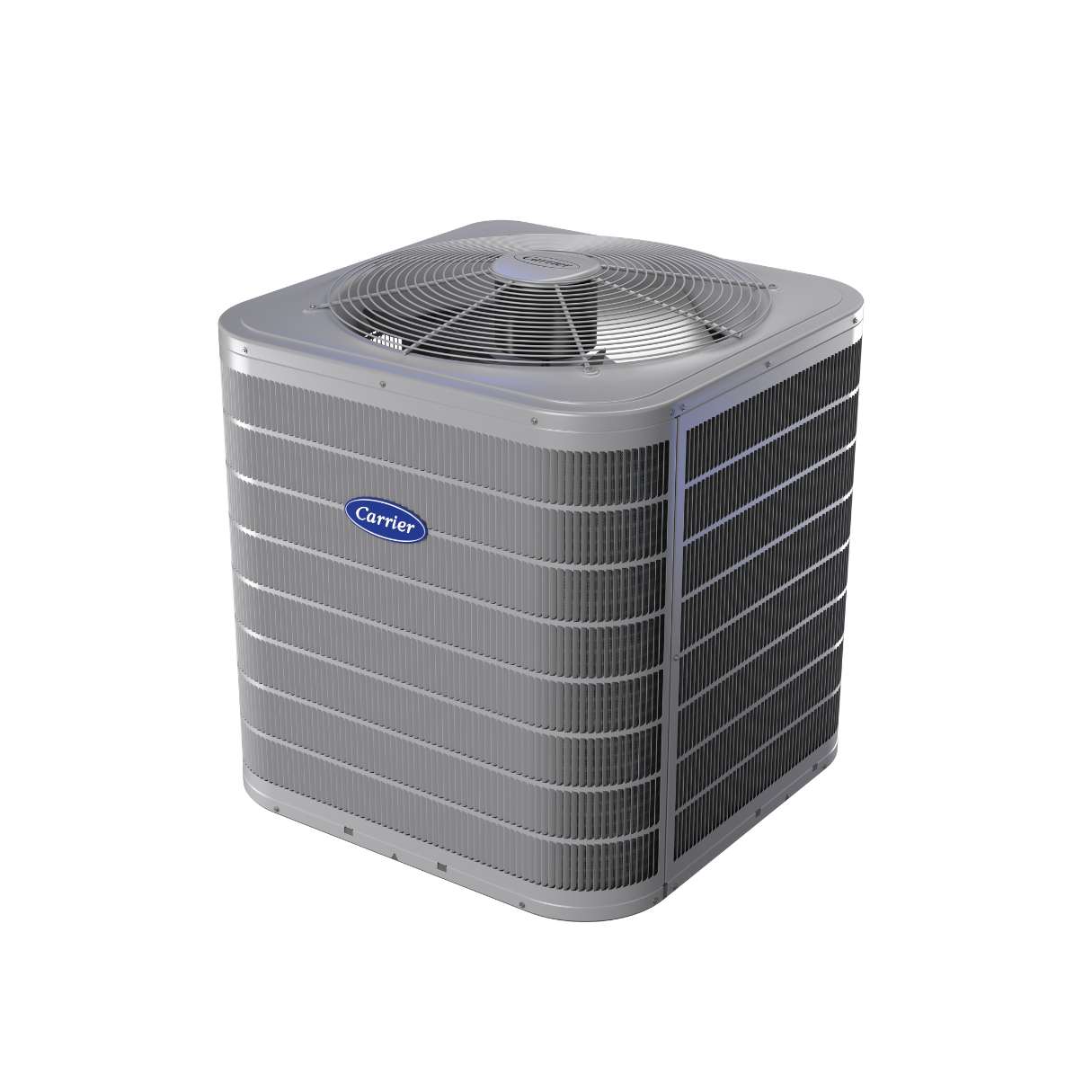
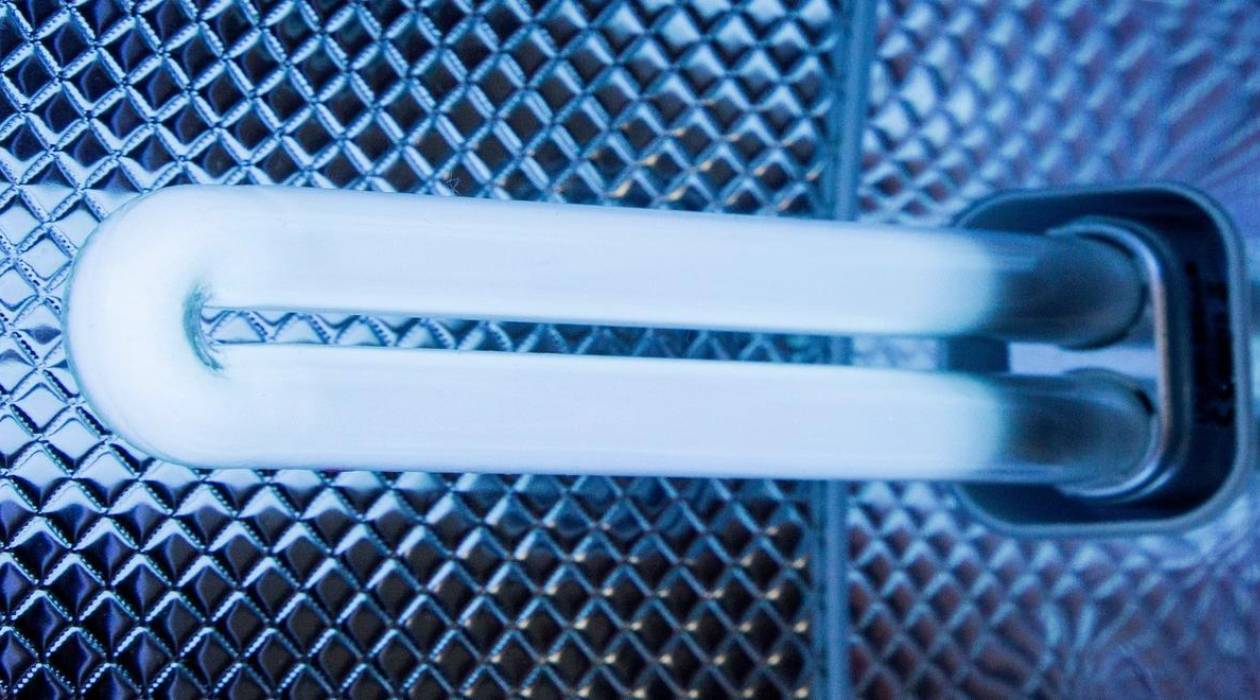
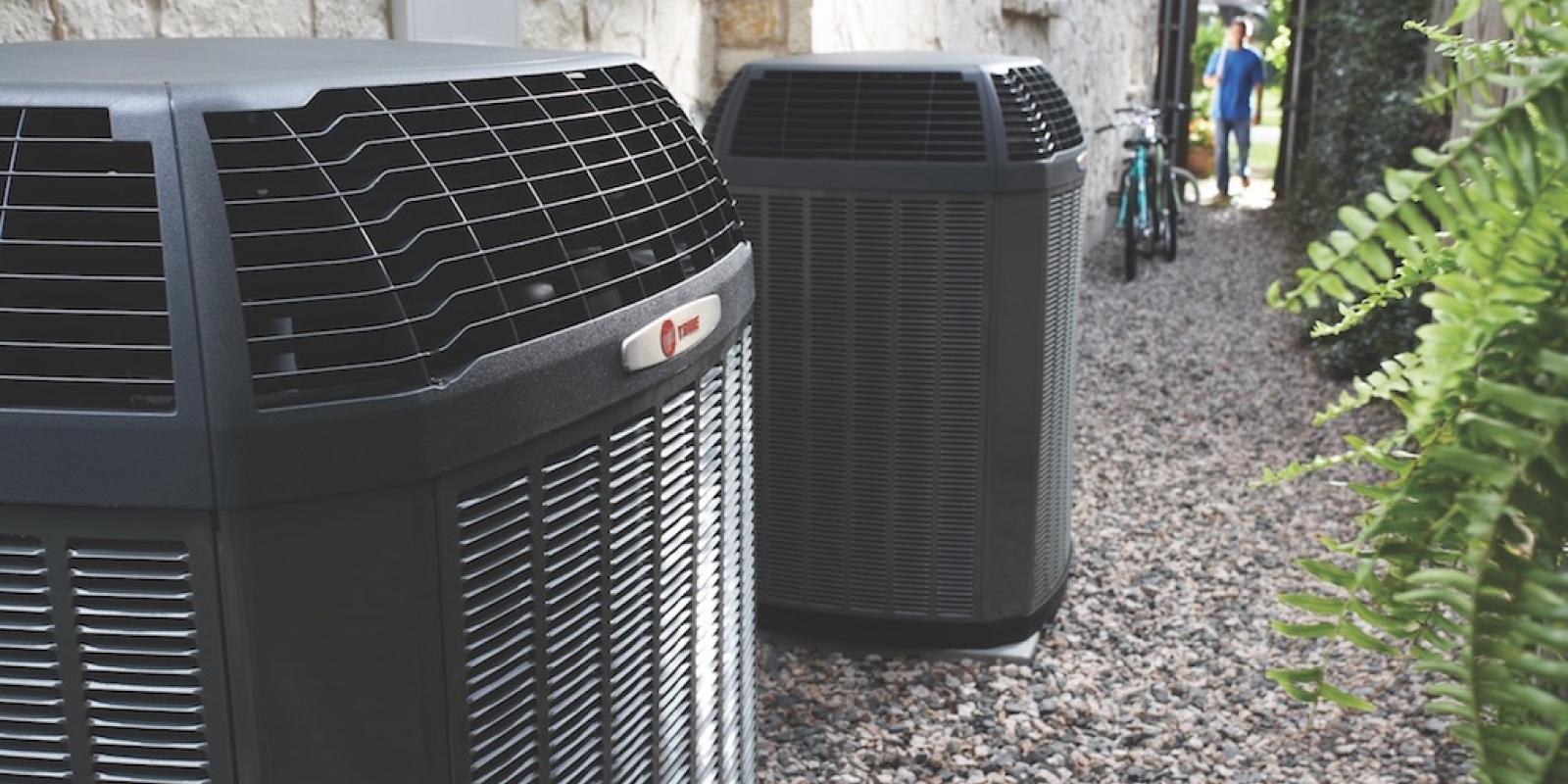
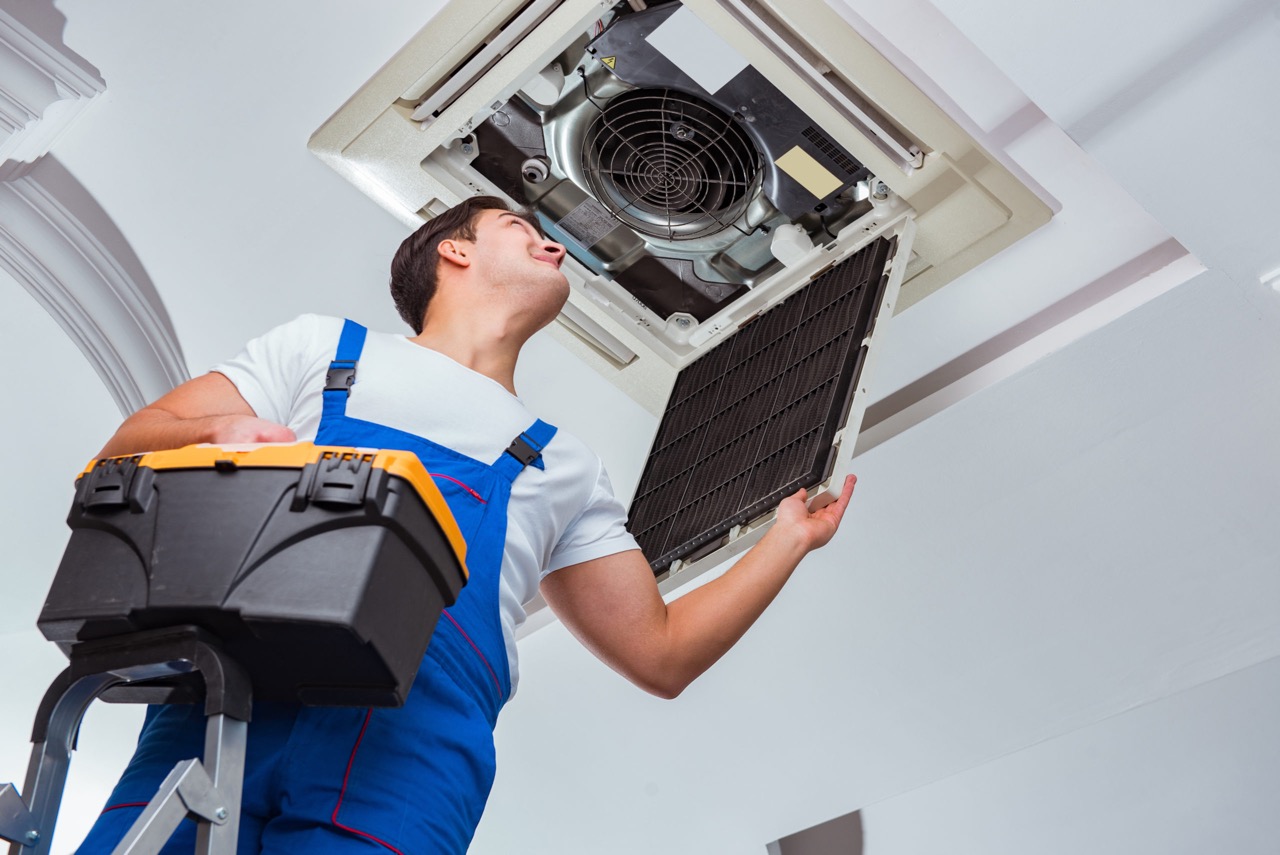
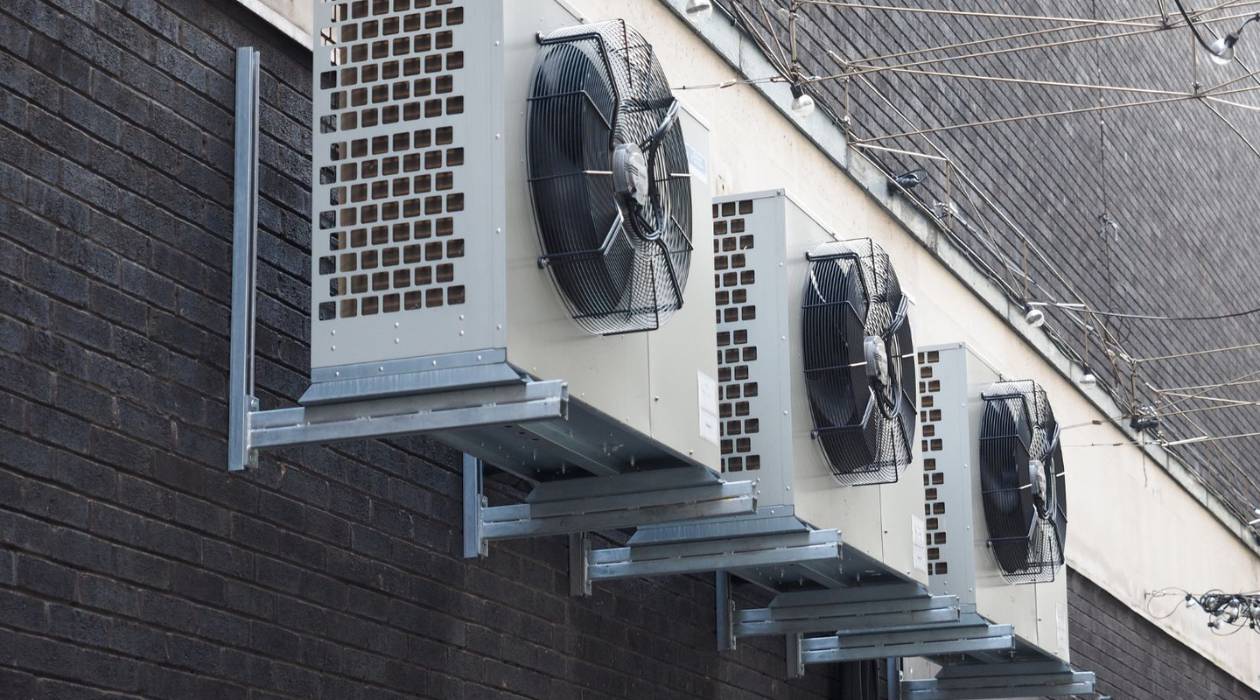
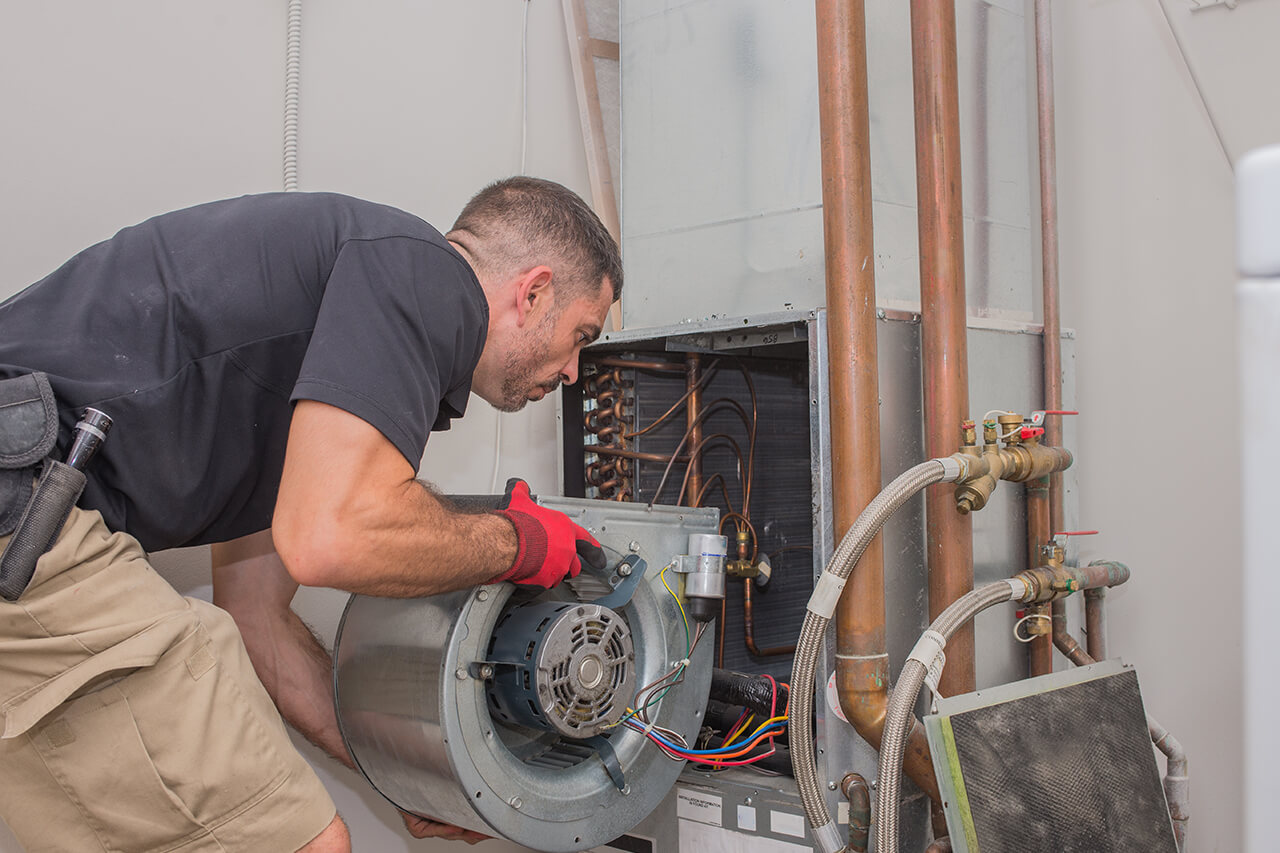
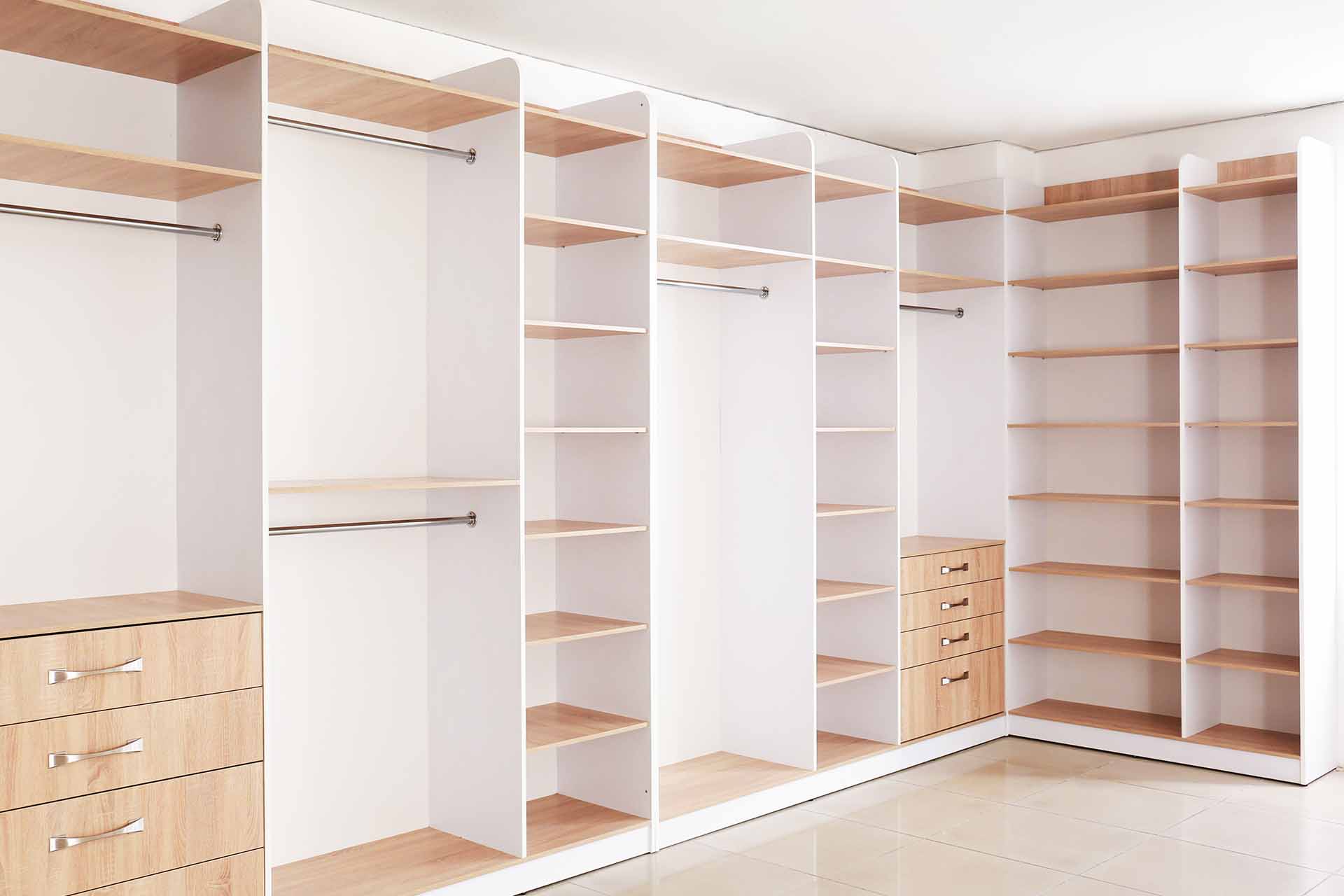

0 thoughts on “How Much Does A New HVAC System Cost”